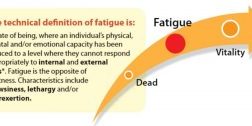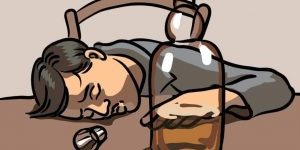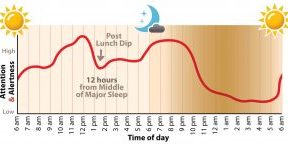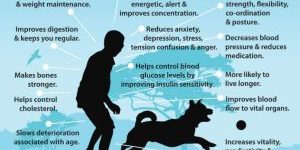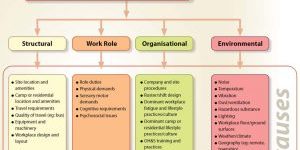Exercise and physical activity. How to finding the balance
What is fatigue?
Fatigue is not a condition, but rather a symptom of many different situations, illnesses or conditions and can be defined quite simply as a feeling of weariness, tiredness, or lack……
Top 10 sleep tips
Poor sleep habits have often been reinforced over many years. The good news is that there are some common things you can do that will improve your sleep hygiene. Different……
10 exercise tips to help beat fatigue
Whether it is a structured exercise program or just part of your daily routine, all exercise adds upEase into it! If you’ve been sedentary for a long time, are overweight,……
Mood & physical activity
Think about the last time you took a brisk walk. How did you feel afterwards? I bet you felt good! You don’t have to wait for the good feeling physical……
How does alcohol affect sleep
Alcohol is a depressant that slows the nervous system down. It impacts on the quality of the naturally occurring sleep cycles, and can increase sleep disturbance. Some people will say,……
When will fatigue occur?
The time of day affects fatigue, due mainly to the body’s circadian rhythms. Circadian rhythms are natural body rhythms that are driven by the cycle of day and night. The……
How much sleep do you need?
The amount of sleep that people require varies between individuals depending on many factors. Age is a major determinant of the quantity of sleep. The table below provides a general……
Sleep & physical activity
Do I exercise or just have a sleep? It is not uncommon for people experiencing fatigue to put this down to lack of sleep, when in actual fact there are……
Is it possible to have too much sleep each night?
It is still largely unknown how many exact hours of sleep per day are needed in adults, according to their age, their environmental and socio-cultural characteristics. It is generally cited……
What causes fatigue?
Fatigue is caused by a range of different factors. It is usually not just one factor but a combination of factors that will explain someone’s fatigue. Being able to characterise……

